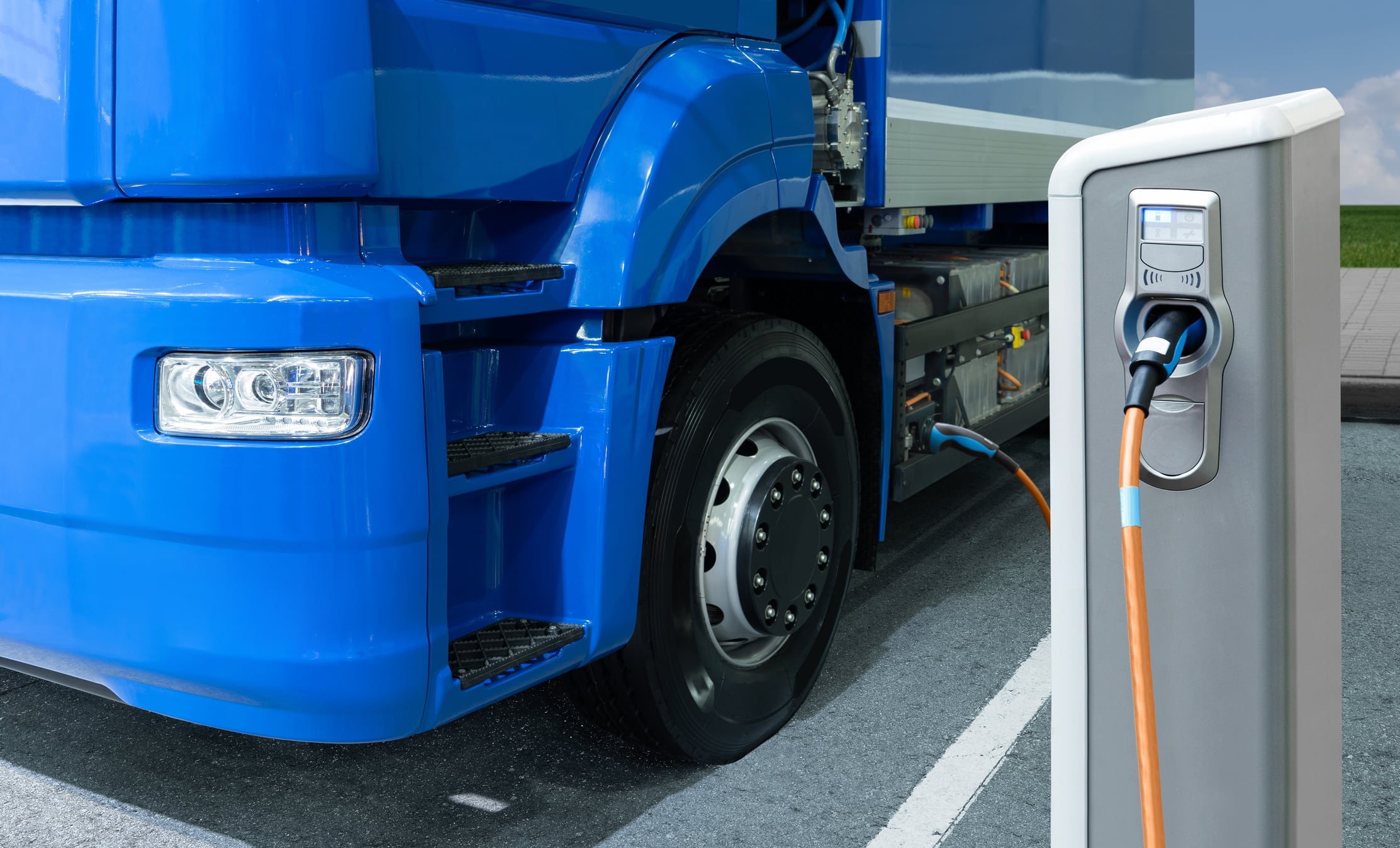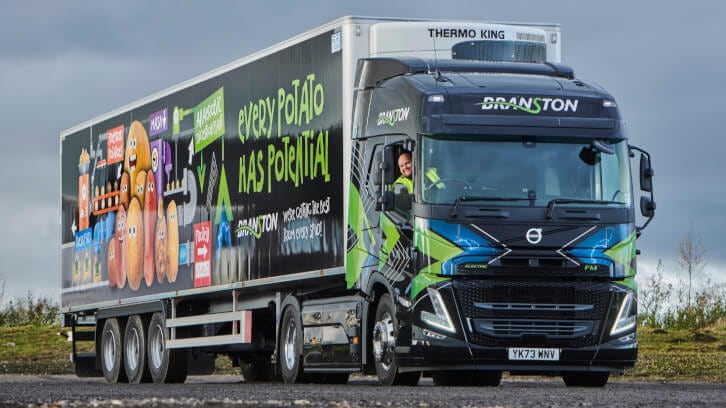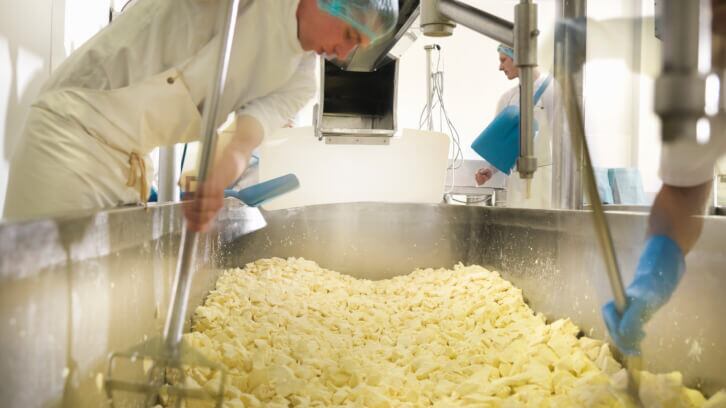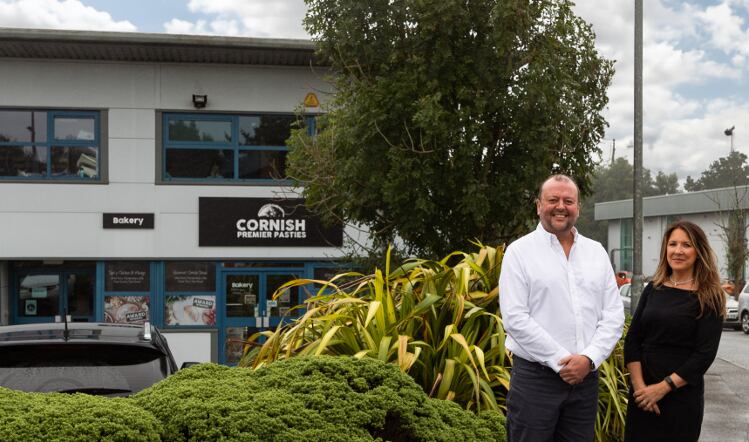Just 55,813 out of a total of 5,188,128 vans and lorries in the UK are EVs, highlighting the sheer scale of the challenge of decarbonising fleets.
“Five million logistics vehicles is a huge number to replace – either with electric equivalents or lower-cost alternatives like bicycles in cities,” said Inverto senior project manager Kiren Pandya. “This will create severe supply-side bottlenecks.”
Despite the number of EVs increasing 52% in the past year, the gap is still too big to close soon. What’s more, the majority of EVs are light goods vehicles such as vans and not heavy goods vehicles like lorries.
The lack of vehicles available – coupled with their high cost and high interest rates – have made decarbonising logistics a major hurdle for supply chains. High inflation also effects the cost of EV batteries, further increasing costs.
Interest rate impact
“Electric vehicles have always been more expensive than those with a combustion engine – and that’s especially true of electric vans,” added Pandya. “Interest rate rises are making it more expensive for fleet operators to borrow and this is impacting their ability to lease electric vehicles.”
Outside of the cost of installation for EVs into a fleet, other challenges arise when comparing their capabilities with traditional fossil fuel powered vehicles. As it stands, battery life means EVs can’t compete with their predecessors, further hampered by a lack of long-distance charging infrastructure.
Shortages of key components like high-voltage cables – due to competing demand from expanding broadband infrastructure – and skilled workers make expanding the UK’s charging infrastructure even more complicated.
“Lorries are simply too heavy and travel too far for this section of the supply chain to be decarbonised,” Pandya explained. “Until the capacity of electric batteries allows lorries to travel further and charging stations are as ubiquitous as petrol stations – including improving speed to recharge the batteries, this leg of a product’s journey will remain hard to decarbonise.”
Final leg solutions
“Fortunately, the bulk of freight emissions are in the final leg of transportation – with vans – which is far easier to achieve emissions reductions in. That is why we advise our clients to first focus their efforts on decarbonising their last-mile distribution networks.”
For companies looking for easy ways to decarbonise their businesses, Inverto suggested low-cost alternatives to supplement the switch to EVs. This included recycling tyres and parts as affordable emissions savings.
“We’ve achieved huge emissions savings for our clients by simply reducing waste,” Pandya concluded. “Reusing functioning car parts and switching to more fuel-efficient tyres is making a huge difference.
“We’ve also had great success with ‘old school’ solutions – increasing the use of bicycles and e-bikes for city-centre logistics can reduce last-leg emissions to near-zero.”
Meanwhile, register for our exclusive webinar which looks at existing and emerging technology to enhance your supply chain traceability, whilst taking you back to basics as our experts explore several case studies, options and the important questions to ask before investing.





